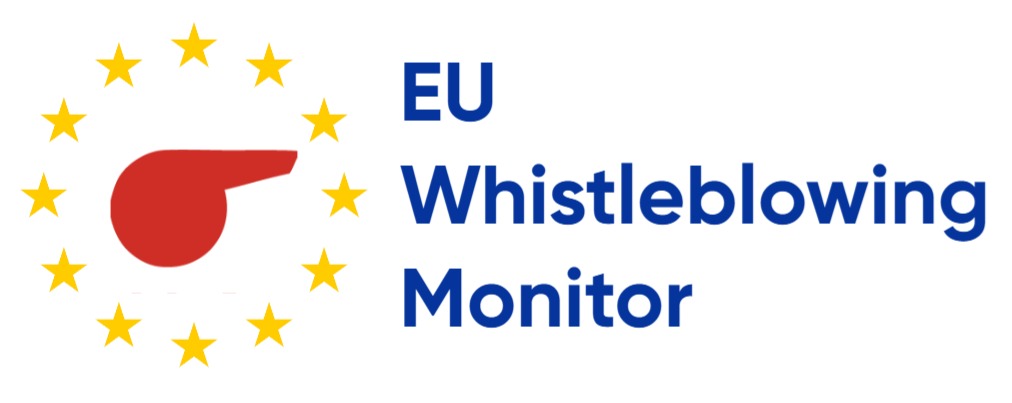Source: Le sanzioni nei casi di whistleblowing sono spesso inefficaci – Transparency International Italia
Anti-Corruption NGO Transparency International Italy has expressed concerns regarding the current sanctions for retaliation in whistleblowing cases under the new Italian legislation, noting that they are often too weak to be effectively dissuasive, as required by the EU Directive on whistleblowing.
In a statement, TI Italy highlighted that while the whistleblower protection legislation generally aligns with European Union Directive, the practical enforcement of sanctions remains problematic. Specifically, the administrative fines for those who retaliate against whistleblowers, or breach confidentiality are not robust enough to act as a genuine deterrent:
“The disbursement of these sanctions represents the outcome of a procedure that consists of several phases and which engages the A. N.AC. in a series of checks and controls. The slowness of the procedure often exposes the whistleblower to the revelation of his identity, in particular during the verification activity which, in some cases, involves the questioning of the whistleblower’s work colleagues. In addition, the sanctions applied by the National Anti-Corruption Authority suffer from a lack of practical application and, in this way, their ability to deter illegal conduct is weakened. In our opinion, this could depend on: the limited number of sanctions assigned by the A.N.AC; the “indefinite” duration of sanctioning proceedings; by the absence of any reference to the “sanctioning subject”. In fact, in the sanctions, there are no references to the “sanctioning party” and this creates a disparity in treatment between the “whistleblower” – whose identity is often revealed – and the “reported” – who almost always maintains anonymity.”
The statement highlights that the limited and slow-moving sanctioning process, as evidenced by recent data from the National Anti-Corruption Authority (A.N.AC.), fails to protect whistleblowers adequately. Over the past few years, the A.N.AC. has imposed only a small number of fines, ranging from €5,000 to €10,000, with little clarity on the reasoning behind these penalties. This raises concerns about the lack of transparency regarding the criteria for applying these fines, which further undermines their effectiveness.
The CSO also highlighted that the lack of secure and confidential reporting channels exacerbates the situation, as whistleblowers may face retaliation without sufficient protection. TI Italy is urging the government to strengthen both the legislative framework and the enforcement of sanctions to ensure that whistleblowers are better protected and that those who retaliate or misuse the system are held accountable.
For more information on TI Italy’s stance on, visit their website here
